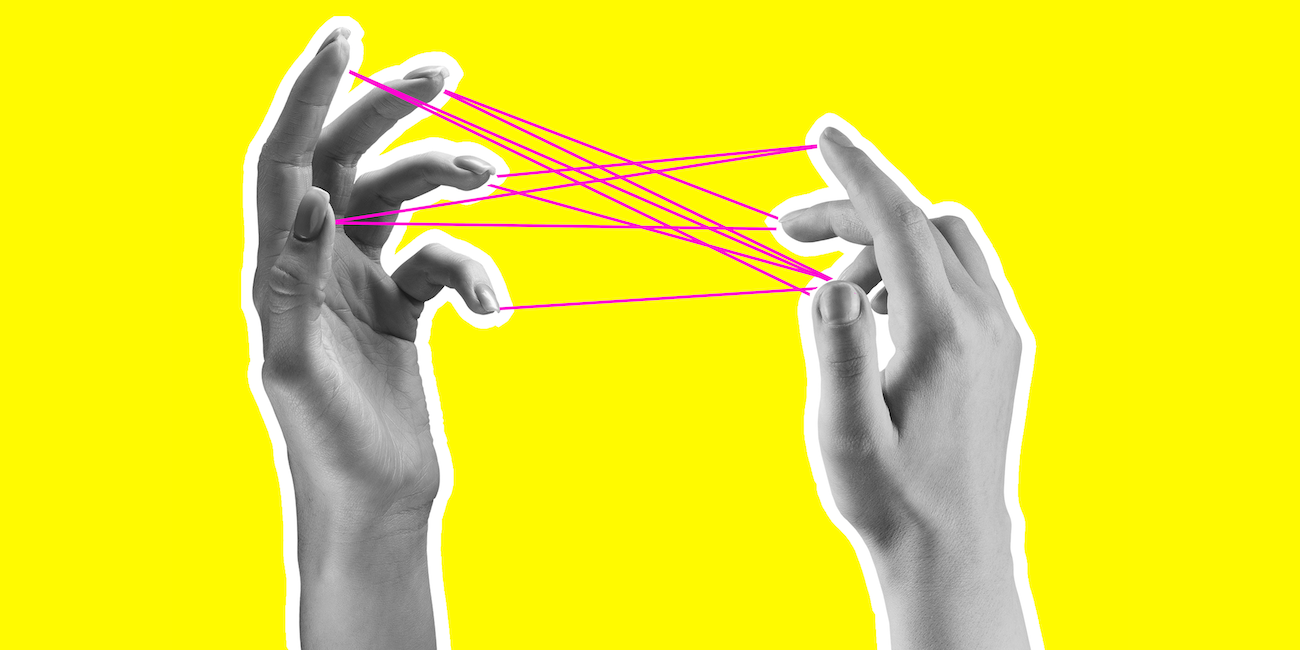“i feel like i am having an identity crisis.” i could only see a fuzzy outline of her lips as she spoke — the yellow drops she put in my eyes had made my vision blurry and my eyeballs numb. it had been a few years since my last eye exam, and the optometrist and i were catching up: kids, covid, dogs, covid again and then … cancer. that day marked six months since her final chemotherapy treatment for stage 3 breast cancer — and though she was told that she was in remission, she was also aware of the high probability of recurrence.
“i am scheduled for rechecks for the next five years,” she said, shining a blinding bright light into my left eye. “so what does that make me? am i a survivor if i’m not completely free from cancer? am i a patient? or do i just ‘live with cancer?’”
she went on to say that her nine-year-old daughter tells her friends stories of her mom being sick, but that, after taking lots of medicine, she is alllllllllllllllll (dragging out the l’s) better.
“maybe that’s what i should tell people,” the woman said, with an almost-laugh, along with a forced smile — as you do when you are completely faking nonchalance. “i am allllllllllllll better.”
an identity shift happens when you get a diagnosis
it’s one of the toughest emotional challenges for someone living with a serious health condition: the shift that happens in one’s identity the instant there’s a diagnosis. after all, there’s no denying it, once you have a health issue, particularly one that’s life-affecting and life-changing, you are no longer who you were before — not to yourself or to others. for me, the transition from healthy and resilient to sick and vulnerable — all in the mere seconds it took a doctor to explain my disease — was, well, a lot to come to terms with.
 5 minute read
5 minute read









